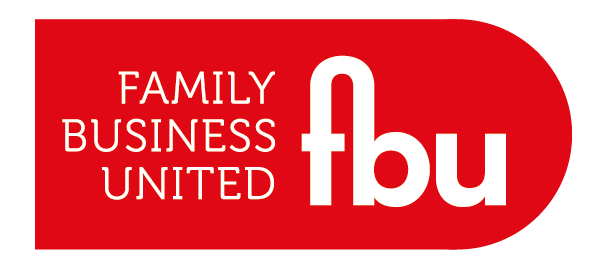Welcome to our thought-provoking series on team dynamics, where we will uncover the core principles behind building and leading high-performance, collaborative teams. In this series, we'll explore the elements that drive effective teamwork and leadership in today's competitive business landscape.
From the essential foundation of trust to the dynamics of conflict resolution, we'll delve into the heart of team dynamics. The Alembic team examines strategies for nurturing transparency, navigating challenges, and fostering peer-to-peer accountability within teams. We aim to provide you with actionable insights to elevate your team's performance and cultivate a culture of collective responsibility.

What Did We Learn About High-Performing Teams? By Alice Davies
This article highlights key takeaways from the London Leaders' Forum on building high-performing teams and effective leadership. Effective leadership involves continuous people development and embracing vulnerability. This article also recommends approaches for better communication and well-being.
Integrating With a New Team at Work by David Gray
This article explores the experience of being a new starter in an office, providing insights and tips for successfully integrating into a new work environment.
Team: Are You More Than the Sum of Your Parts? By Roseanna Ramsey
This article discusses the essence of high team performance and how to respond to challenges, particularly when changes occur within the team. It highlights enabling conditions for team success, including having a compelling direction, a strong structure, a supportive context, and a shared mindset.
Emergent Qualities and the Benefit of Teamwork by Felix Chess
Conflict is a natural part of team development, and high-performing teams are able to work through conflict when it arises. The concept of commitment and accountability is explored, highlighting the importance of peer-to-peer accountability and clear communication. This article also touches on the role of effective leadership in fostering constant attention to results within the team.
Since conflict is a natural part of team dynamics, we wanted to signpost these articles that we have written on the topic to give you more specific advice.




